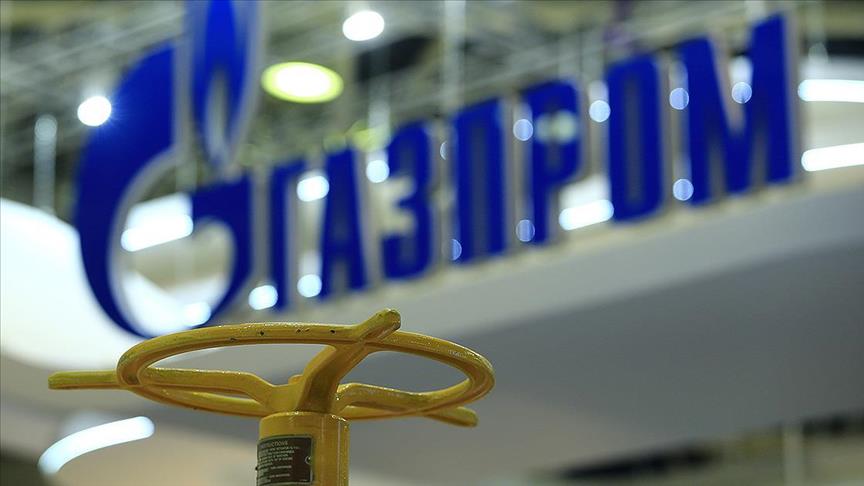Moldova has claimed that the halting of Russian gas supplies to its breakaway region of Transnistria is aimed to destabilize the country.
“The decision to halt deliveries is purely political, intended to destabilize the Republic of Moldova. Any attempt to attribute this responsibility to other parties is not only false but also deeply cynical,” said a statement by the Moldovan Foreign Ministry on Monday.
Expressing that Moldova condemned the “dangerous disinformation” spread by the Russian Embassy in Chisinau, the statement said they are also aimed at “dividing Moldovan society and obscuring the true origins of the energy crisis in the Transnistrian region.”
The statement described the information voiced by the Russian diplomatic mission as an attempt to “manipulate public opinion” and shift blame for the crisis onto Moldova or Ukraine.
It went on to accuse Russia and the country’s energy giant Gazprom for not honoring their contractual obligations on energy supplies to Transnistria.
“Our country strongly condemns provocative rhetoric and dangerous insinuations regarding a supposed ‘forceful resolution’ of the Transnistrian issue,” the statement also said, indicating Moldova is committed to reintegrating the breakaway region through dialogue.
“The Ministry of Foreign Affairs urgently calls on the Embassy of the Russian Federation to immediately cease its disinformation campaign, which further damages bilateral relations and escalates regional tensions,” it said, adding that the ministry summoned Moscow’s ambassador.
The statement came soon after the Russian Embassy in Moldova accused the West and Ukraine of “artificially creating” the current situation in Transnistria.
“False and manipulative statements about ‘Moscow’s abandonment of Tiraspol’ are being spread. … Moreover, some ‘hotheads,’ with the tacit consent of Moldovan officials, propose a forcible resolution of the Pridnestrovian file,” the statement further said on Telegram.
The Russian energy giant Gazprom announced on Dec. 28 that it would cut gas supplies to Moldova as of Jan. 1, citing the reason as “due to the refusal of the Moldovan side to settle the debt for gas supplies.’
Simultaneously, a five-year deal between Moscow and Kyiv on the transit of Russian gas through Ukraine expired on Jan. 1 as the latter refused to extend the deal amid the ongoing war between the two countries.
Transnistria, which has been controlled by pro-Russian separatists since the early 1990s, had been receiving Russian gas through Ukraine.
In mid-December, Moldovan authorities introduced a two-month state of emergency in the country’s energy sector.

